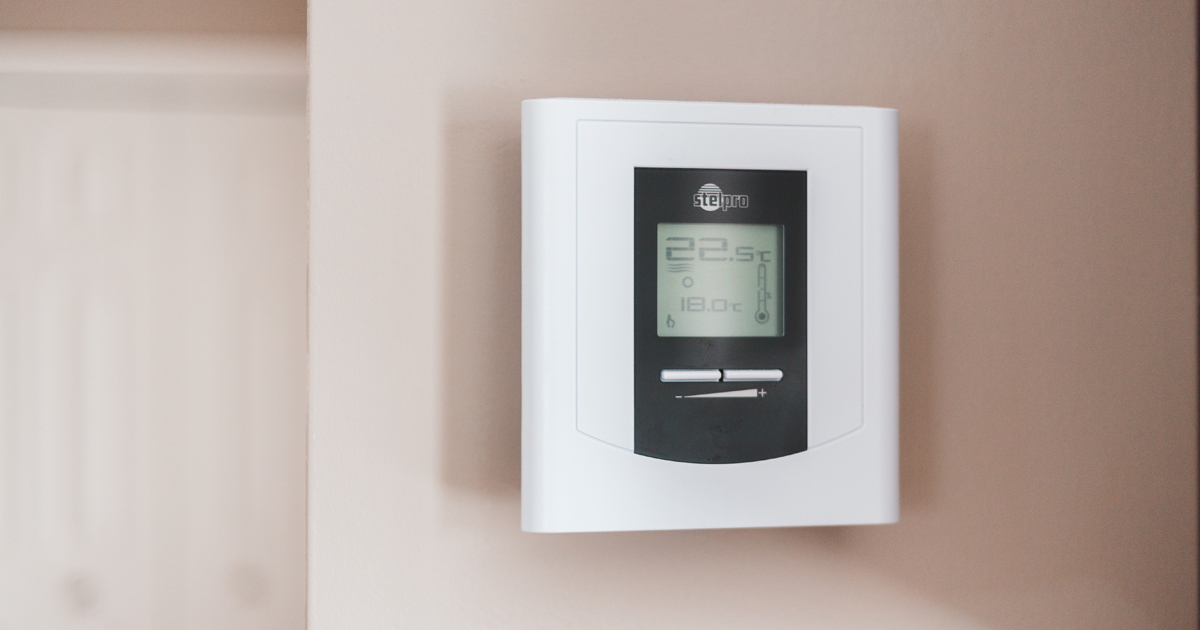In Germany, the Building Energy Act is to be amended to make heating as climate-friendly as possible in the future. But what does that actually mean? How good is the much-discussed heat pump really? Can it really violate the energy conservation law, as our provocative headline suggests? And what good are wood heating, hydrogen and district heating as alternatives? Physicist Prof. Harald Lesch and energy expert Uta Weiß have investigated this in the Terra X Lesch & Co program – and explain (in German) what the above quote is all about...

"Russia's war of aggression against Ukraine and the resulting fossil energy crisis are forcing the Federal Republic to become independent of gas as quickly as possible. At the same time, the climate crisis is pressing: to achieve the climate targets, we must massively accelerate the heat transition to climate-neutral buildings," reads the foreword of Agora Energiewende in a study on heat pump technology.
A decisive step towards solving this dual challenge is the requirement in the Immediate Action Program for Buildings: from 2024 onwards, at least 65 percent of newly installed heating systems must be powered by renewable energies. This means that, in addition to heat grids, heat pumps will have to be used in the future. Germany has already wasted a lot of time, and now the German government is faced with the task of tripling the number of heat pumps installed by 2024. A view into the European foreign country should make here however confident: In Sweden heat pumps would have today a market share of 90 per cent and heat buildings also on cold winter days reliably. And the "gas country" of the Netherlands has increased the expansion of heat pumps almost tenfold since 2014.
But how efficient is this technology really - and how does it compare to alternative CO2-neutral approaches? The following YouTube video (in German) gets to the bottom of this question - and dispels all kinds of myths in the process:
Text: Ingo Schenk
Similiar articles